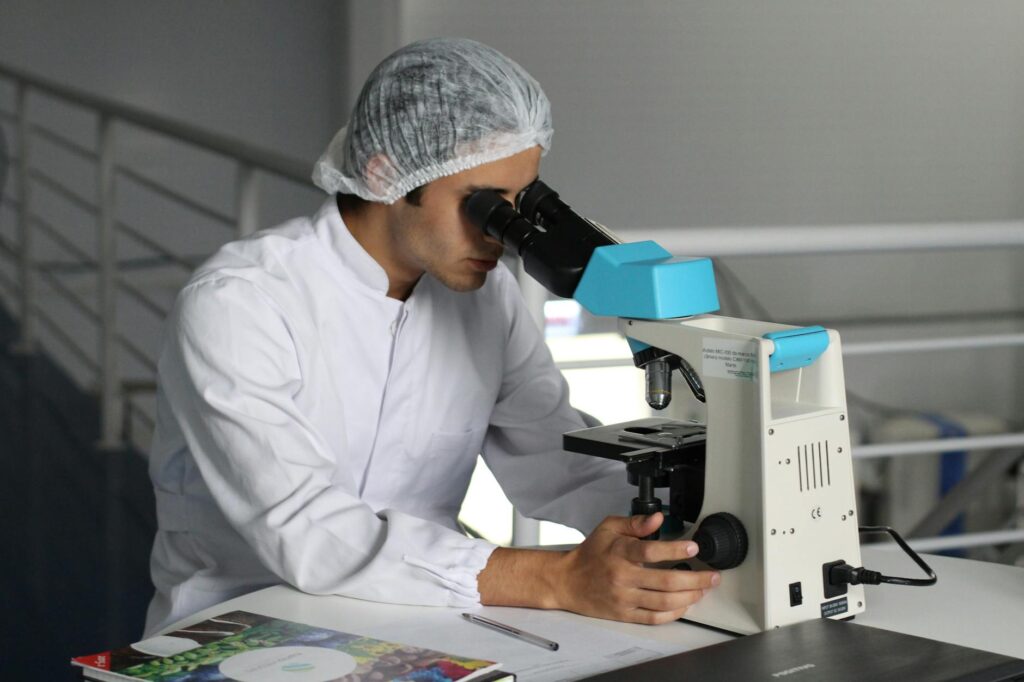Prioritizing the production of safe and efficient drugs is vital in the elaborate and multifaceted pharmaceutical sector. Cell line engineering is a pivotal technology responsible for significant progress in this field. This innovative approach increases drug development efficiency and ensures the dependable production of therapeutic proteins with outstanding reproducibility.
What is Cell Line Engineering?
Cell line engineering aims to amplify the synthesis of biologically potent materials by altering cell cultures. These cells are genetically manipulated to express particular genes pivotal in generating desirable molecules like therapeutic proteins and antibodies. The optimization can involve introducing new genetic material and altering existing ones to boost productivity and stability while improving the overall properties of the cells involved.
Here’s why cell line Engineering is Important:
• Accelerating Drug Discovery
Drug makers are facing immense pressure to keep up or surpass the pace of rapid disease evolution. In this pursuit, cell line engineering is proving an invaluable tool in dramatically speeding up drug discovery processes. Typically, traditional medication development methods consume significant resources and progress relatively slowly; however, engineered cells can produce specific substances promptly and consistently on a large scale – accelerating research progression into clinical trials. This acceleration has become even more vital during global health emergencies such as pandemics where swift vaccine production & treatment becomes critically urgent.
• Enhancing Efficacy and Safety
The precise regulation of gene expression facilitated by cell line engineering service is critical in increasing pharmaceuticals’ effectiveness and safety levels. By meticulously manipulating genes, proteins maintain consistent structure and function to minimize variability affecting drug formulations. Patients experience safer outcomes when therapeutic effectiveness is enhanced through consistent treatments, reducing the risk of adverse side effects. The reliability and predictability provided through cell line engineering address vital challenges in drug development, making it an essential component contributing to modern pharmaceutical manufacturing practices.
• Cost-Effectiveness in Production
Cell line engineering provides a notable benefit in terms of economic efficiency. Production costs go lower by enabling the manufacture of more significant quantities of therapeutic compounds under controlled conditions. Consequently, pharmaceutical firms can produce substantial biologics with minimal raw materials and labor expenses, ultimately lowering consumer prices and improving accessibility to crucial drugs.
• Overcoming Manufacturing Challenges
Developing intricate biologics, like monoclonal antibodies, poses various obstacles that involve preserving the stability and functionality of these molecules. Through cell line engineering techniques, researchers can design cell lines customized to enhance protein stabilization and production efficiency for sensitive proteins in significant amounts. This tailored approach guarantees the manufacture of high-quality biologics that are compliant with rigorous regulatory criteria required for therapeutic purposes.
• Future Perspectives
The potential for revolutionizing drug development is highly promising in the future of cell line engineering. Precision improvements can now be made to cell lines using genetic editing technologies like CRISPR/Cas9, indicating that even more efficient and innovative ways of producing drugs could exist. In addition, integrating artificial intelligence and machine learning into cell line advancement marks a new era where drugs get into the market quickly and efficiently.
Important Takeaways
Modern drug development heavily relies on cell line engineering, as it is essential in rapidly creating therapeutic approaches that are both safe and effective while also being affordable. Its importance cannot be overstated because of its ability to improve precision, efficiency, and cost-effectiveness for pharmaceutical production, making this field a key area for future innovations. Given the global health challenges affecting the world, advancing and investing in this technology become crucial more than ever before.

